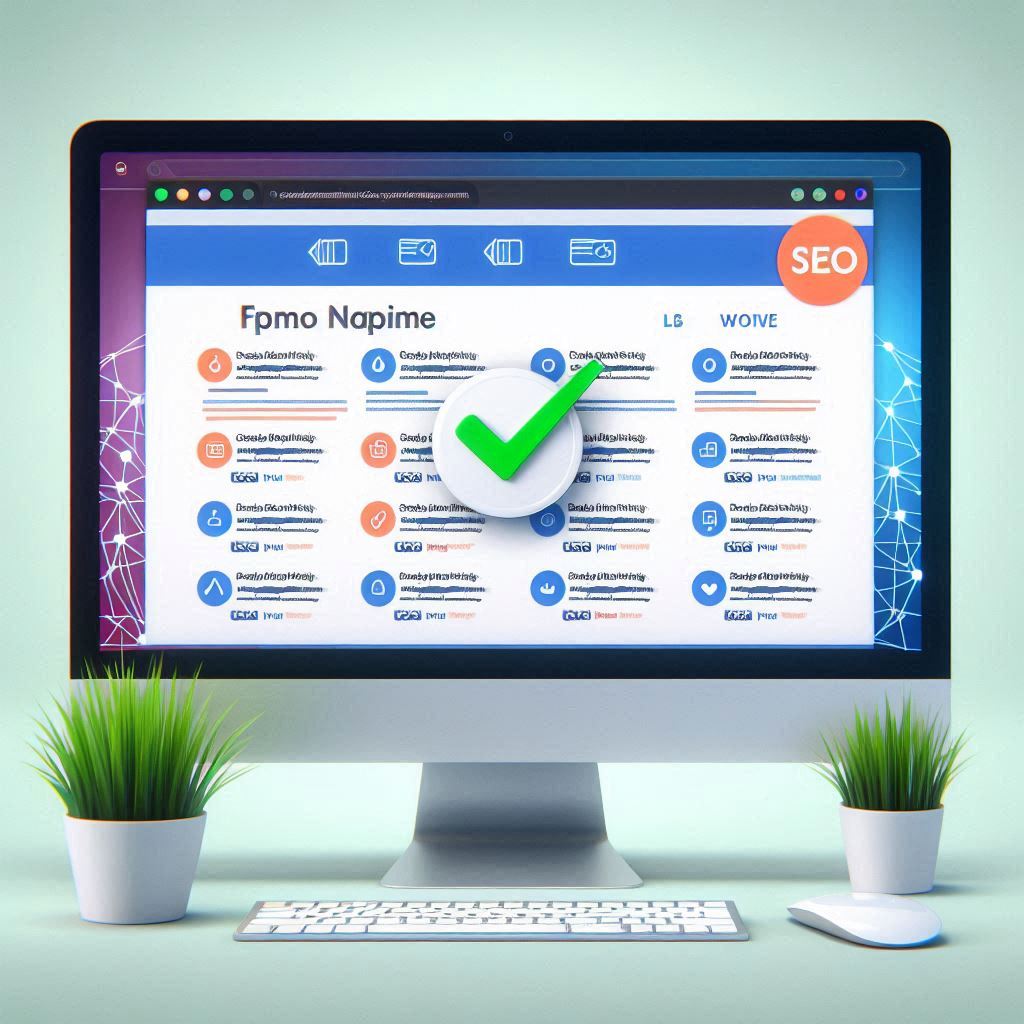When it comes to SEO, one of the most overlooked elements is the URL structure of a webpage. However, clean and optimized URLs play a crucial role in improving your site’s search engine rankings and making it easier for users to navigate.
A well-structured URL is like a signpost — it guides search engines and users to the right destination, while a poorly designed one can create confusion.
In this post, we’ll break down the best practices for creating clean, optimized URLs that enhance your website’s SEO.
Why Does URL Structure Matter?
Your URL (Uniform Resource Locator) is more than just an address for your webpage. It communicates valuable information to search engines and users alike. Here’s why it’s important:
- Search Engine Understanding: A well-optimized URL helps search engines understand the content of your page.
- User Experience: Clean URLs make it easier for visitors to know what your page is about before they click.
- Click-Through Rate (CTR): Descriptive and simple URLs can encourage more users to click on your link in search results.
For example, compare these two URLs:
The first URL is clear, easy to read, and gives users an idea of what to expect. The second is cluttered and doesn’t convey any useful information.
Best Practices for Optimized URL Structures
1. Keep URLs Short and Descriptive
Long, complicated URLs are hard to read and may get truncated in search results. Aim for URLs that are short, clear, and descriptive.
Example:
- Good: www.example.com/clean-url-structure
- Bad: www.example.com/this-is-a-really-long-url-that-is-hard-to-read
2. Use Keywords in Your URLs
Including your target keyword in the URL can improve your page’s relevance for search engines. However, don’t overdo it — focus on making the URL natural and readable.
Example:
- Keyword: “SEO tips”
- Optimized URL: www.example.com/blog/seo-tips
3. Avoid Special Characters and Numbers
Using special characters (&, %, $, @) or random numbers in URLs can make them look messy and unprofessional. Stick to letters, hyphens, and keywords.
Example:
4. Use Hyphens to Separate Words
Search engines recognize hyphens (-) as word separators, while underscores (_) are often ignored. For better readability and SEO, always use hyphens in your URLs.
Example:
5. Avoid Stop Words
Words like “and,” “the,” “of” are considered stop words and don’t add much value to URLs. Removing them can make your URLs cleaner and easier to read.
Example:
6. Ensure URLs Are Case-Insensitive
URLs are case-sensitive, so a mix of upper and lower case letters can create confusion and lead to duplicate content issues. Stick to lowercase letters for all your URLs.
Example:
- Good: www.example.com/seo-tips
- Bad: www.example.com/SEO-Tips
Managing URL Changes
Sometimes, you may need to update or change your URL structure. When this happens:
- Use 301 Redirects: If you change a URL, set up a 301 redirect to point the old URL to the new one. This prevents users and search engines from landing on broken links.
- Update Internal Links: Ensure all internal links on your site are updated to reflect the new URL structure.
- Check for Broken Links: Use tools like Google Search Console to identify and fix broken links.
A Perfect URL
Imagine you’re writing a blog post titled “How to Optimize Your Website for Search Engines.”
Here’s how you can structure your URL:
- Optimized URL: www.example.com/optimize-your-website
This URL is:
- Short and simple
- Includes the target keyword (optimize your website)
- Free of unnecessary words and special characters
Creating a clean and optimized URL structure is an essential part of SEO. While it might seem like a small detail, it has a big impact on your website’s visibility, user experience, and click-through rate. Follow these best practices to ensure your URLs are clear, professional, and search-engine friendly.
This post is part of the Mastering the Search Game blog series, your go-to resource for building a strong SEO foundation. Stay tuned for the next post, where we’ll discuss technical SEO tips to take your website to the next level!

0 Comments
Trackbacks/Pingbacks